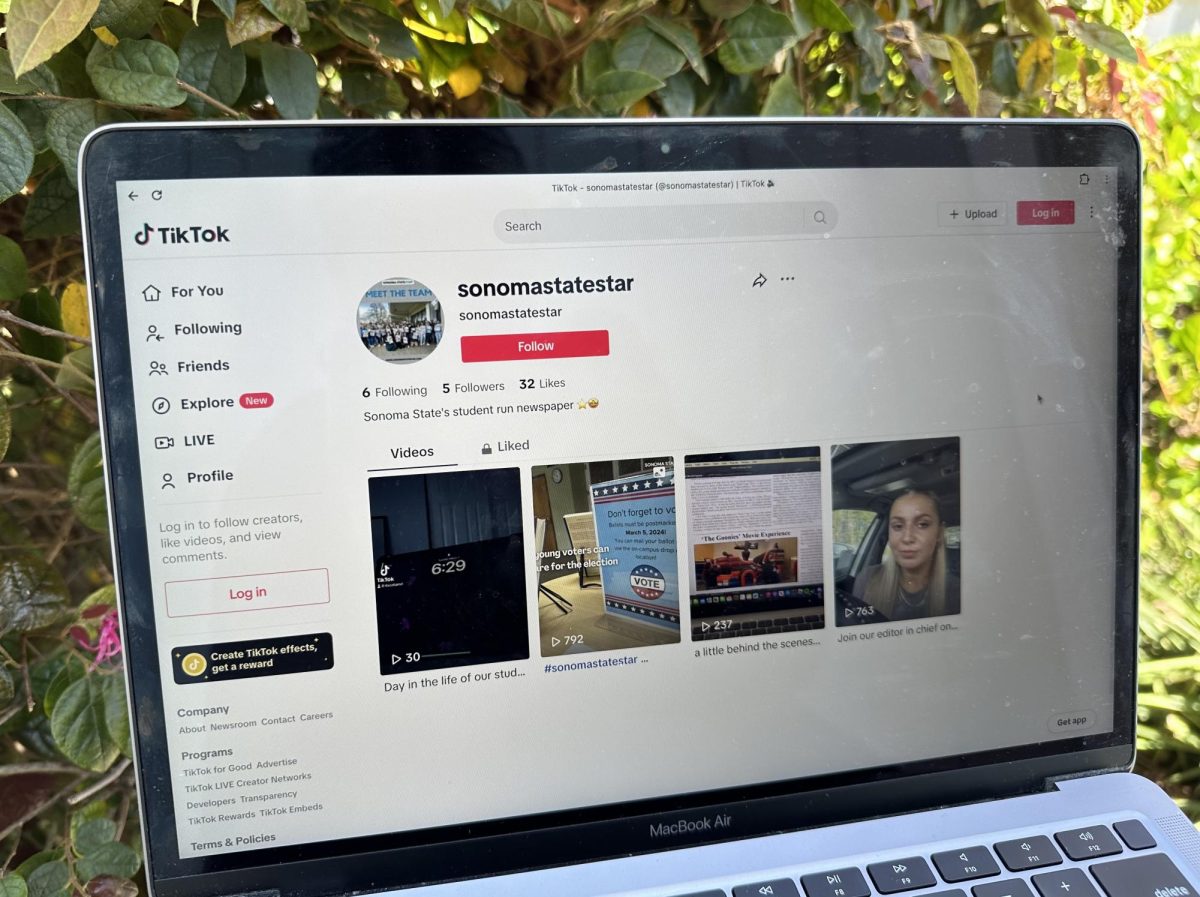In the digital age, social media has become a fundamental part of the college experience. It serves as a platform where students can find entertainment, express creativity, and self expression. However, too much of a good thing can be a bad thing. What once started as a study break, can quickly turn into hours of mindless scrolling.
TikTok, a popular social media platform, allows users to create, upload, and view short-form content ranging from three seconds to 10 minutes. Viewers can interact with videos through likes, comments, shares, reactions or duets. TikTok is most popular among young adults, particularly those accustomed to technology from a young age, TikTok’s addictive algorithm presents a challenge. The ‘For You’ page, based on interactions, can create a consistent rush of dopamine, leading to excessive usage.
For many students, what once was a creative outlet, has evolved to a source of procrastination. The endless stream of short videos can make it difficult to find a balance between leisure and responsibilities, such as classes, assignments, and extracurricular activities. Users may lose track of time while scrolling, this can lead to feeling overwhelmed and therefore cause one to neglect important tasks.
When an app has such addictive qualities, it can be difficult for users to realize how long they have been scrolling through videos. “I should definitely consider cutting back because sometimes I can get sucked in and lose track of time. I choose not to delete it though, it’s great brain dead entertainment when I have nothing going on or need to pass time before my next errand,” says Nick Loudermilk, senior business accounting major.
Rather than reading a book or taking a walk outside, some prefer to receive instant gratification at the tap of their finger. While maintaining healthy boundaries, users are still able to enjoy while not being addicted.
In efforts to reduce long periods of scrolling, TikTok has introduced a video that appears after roughly one hour that says, “Hold on, you’ve been scrolling for way too long.” Users then have the option to either stop using TikTok or continue to scroll. “I choose to keep scrolling because I don’t care if it says that to me, even though I should probably stop. Usually I have good self control and I won’t scroll for very long,” says Riley Beyma, a senior kinesiology major.
Studies, such as one done by the National Library of Medicine, shows that “Adolescents may not voluntarily reduce their overuse of TikTok, since they are still forming a psychological mechanism process, are curious about their surroundings, and usually lack self-control.” This underscores the importance of teaching students how to cultivate healthy online habits to prioritize mental well-being.
Sonoma State University offers Counseling and Psychological Services (CAPS) available 24/7 to support students struggling with online addiction or mental issues. Encouraging awareness and responsible usage of social media can empower students to make informed decisions about online behavior and mental health.





![[Both photos courtesy of sonoma.edu]
Ming-Ting Mike Lee stepped in as the new SSU president following Sakakis resignation in July 2022](https://sonomastatestar.com/wp-content/uploads/2024/04/CC4520AB-22A7-41B2-9F6F-2A2D5F76A28C-1200x1200.jpeg)



























